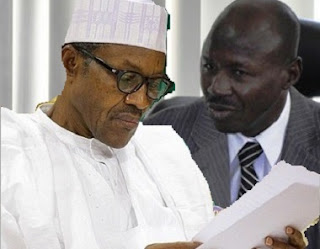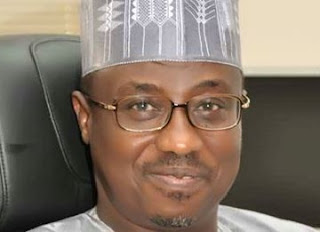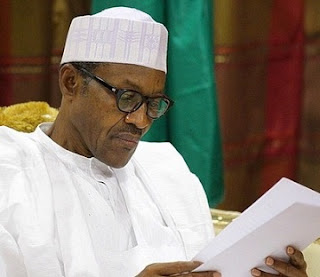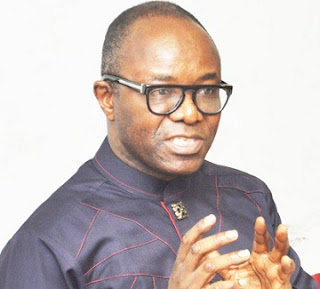Nigerians of “questionable characters” who own property in the United Kingdom (UK) were put on notice yesterday — they will soon be unmasked.
A criminal finances bill that will introduce the concept of “Unexplained Wealth Orders” is in the works. It is designed to close a loophole which has left the authorities powerless to seize property from overseas criminals unless such individuals are first convicted in their country of origin.
Property suspected to belong to corrupt politicians, tax evaders, and criminals could be seized by enforcement agencies under the proposed laws aimed at tackling London’s reputation as a haven for looted funds.
The Presidential Advisory Committee against Corruption hinted of the law yesterday in New York, United States (U.S.) through its Executive Secretary, Prof. Bolaji Owasanoye.
Owasanoye told the News Agency of Nigeria (NAN) that negotiations between the Federal Government and the British authorities had reached an advanced stage” to release information about Nigerians, who own property in that country next year”.
According to him, the measure being taken by the governments of both countries is aimed at stepping up the fight against corruption.
He said: “There’s no doubt that rogues in government oppress and impoverish their people by corruption and this must be sanctioned by collective action. We need to make sure that there is no safe haven for corrupt officials to run to.
“Britain has promised that by 2018, it will provide Nigeria with the information about who owns what and where; that’s very helpful.
“These include all the houses that have been bought by public officials or accounts that are held by public officials on which they are right now not paying taxes or which they cannot explain the sources.
“So, if you cannot buy a house in England, you have to look for somewhere else. But, if all countries criminalise this, then it becomes much more difficult unless you want to buy the house on Mars.”
The official said Nigeria and other African countries, who are victims of illicit financial flows, must challenge developed countries to block illicit financial flows from developing countries.
Owosanoye said: “Receiving states – the countries of the North – need to be proactive to block the proceeds of crime even before a request is made by victim countries.
“This is because, in many situations, it is clear that illegality is taking place. We think that reversing the burden of proof to improve the confiscation of criminal proceeds of crime would help, especially when we are going after the asset and not necessarily the person.
“If the person who claims to own the asset would not cooperate in giving information, then this should be a point in favour of the state.”
He contended that the burden of proof for criminal proceeds should shift to the suspects and not the government, citing the case of a former Managing Director of the Nigerian National Petroleum Corporation (NNPC).
Owasanoye said: “A former Managing Director of the NNPC was found with $9 million cash and over N70 million in his house in a small place he has built.
“He said the money is a gift. He was asked if he could tell the very generous angels who gave him this money. He’s not been able to provide that information. That sort of disposition should be used to penalise a claimant of asset who cannot justify the origin of the asset.
“The proposed ‘Unexplained Wealth Order in England,’ which hopefully we were told would pass through the legal process this year, should really help to deepen the conversation in this regard. It (Unexplained Wealth Order) would help to quickly recover assets.”
Owosanoye said research records showed that about 60 per cent of capital flight from Africa came from Nigeria because of the size of its economy.
With the ‘Unexplained Wealth Orders’, the Serious Fraud Office, HM Revenue and Customs and other agencies, will be able to apply to the High Court for an order forcing the owner of an asset to explain how he/she obtained the funds to acquire it.
The orders will apply to property and other assets worth more than £100,000. If the owner fails to demonstrate that a home or piece of jewellery was acquired using legal sources of income, agencies will be able to seize it.
The targets of the law are not just criminals, but politicians and public officials, known as “politically exposed persons”.
Depending on how quickly it passes through parliament, the bill could come into force as early as spring this year.




